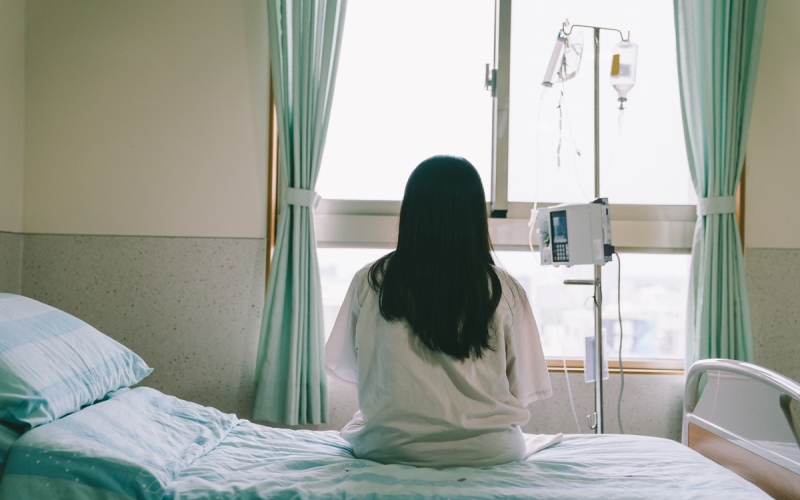This essay provides a synopsis of inpatient mental health therapy, processes, purpose, and when it might be necessary for you or someone you care about. It also gives you tips on handling mental health crises. Inpatient psychiatric therapy is a crucial, life-saving level of mental health care that should be more widely known and used. Eradicating stigma is indispensable, as it guarantees the best care in crises. While some may never require inpatient care, it is available when needed. Severe mental health episodes can occur at any time, and inpatient treatment is necessary. Mental health care is a continuum, not categorised by personal characteristics. Severe symptoms require inpatient care.
Treatment for substance abuse and mental health together
Most adults with substance abuse or mental health issues receive inadequate treatment, leading to relapse prevention through timely and coordinated treatment with co-occurring mental health disorders. Substance dependency is a mental health disorder involving brain chemistry and anatomy changes. Inpatient rehab centres offer specialised, intensified services to address these issues, ensuring a successful cessation of drug or alcohol use.
Categories of Inpatient Mental Health Care Treatment
1. Residential inpatient treatment
Residential inpatient treatment accords with patients staying in a residential environment, getting round-the-clock aid, schooling, recreational workouts, treatment, and prescription administration, often for harsh cognitive health disorders like schizophrenia, bipolar disorder, or major depression.
2. Family, group and individual therapy
Inpatient services offer treatment sessions for people, lineages, and multitudes seeking to enhance passionate processing and coping agents. These sessions are customised to meet individual necessities and can vary in length.
3. Medication administration
Inpatient mental health treatment facilities offer medication management services to help patients follow prescribed medications, including information on side effects and drug interactions. These services also monitor medication reactions and may involve adjusting dosage or timing to optimise efficacy and reduce side effects.
4. Hospital inpatient setting
An inpatient setting is a one-night stay in a psychiatric health facility or general health centre. It can last for less than 30 days. It is used for severe mental health patients undergoing acute problems. After 30 days, patients requiring long-term care are shifted to another establishment.
Ways of getting inpatient mental health care
Inpatient remedy for mental health problems involves spending the night at a drug recovery center or medical institution. It offers extensive cautiousness under one awning. It is typically the fairest choice for those experiencing harsh mental health problems, such as suicidal ideas or those who have depleted all other medicinal options. In a mental health crisis, inpatient psychiatric hospitalisation stabilises the cognitive form. It may need medication adjustments, detoxification, or subsidy from detox centres. Moreover, they need assistance for alcohol or drug abuse and psychiatric care divisions for prescription adjustments. Family doctors can rule out bodily health disorders chipping into behavioural and cognitive health problems, but they may not specialise in mental health antidote.
Conclusion
This article examines some of the classifications of inpatient rehab facilities and what you ought to know about them. As you hunt for a restoration centre and don’t know whether to select an inpatient or outpatient establishment, go through this article, and it will help you decide.

